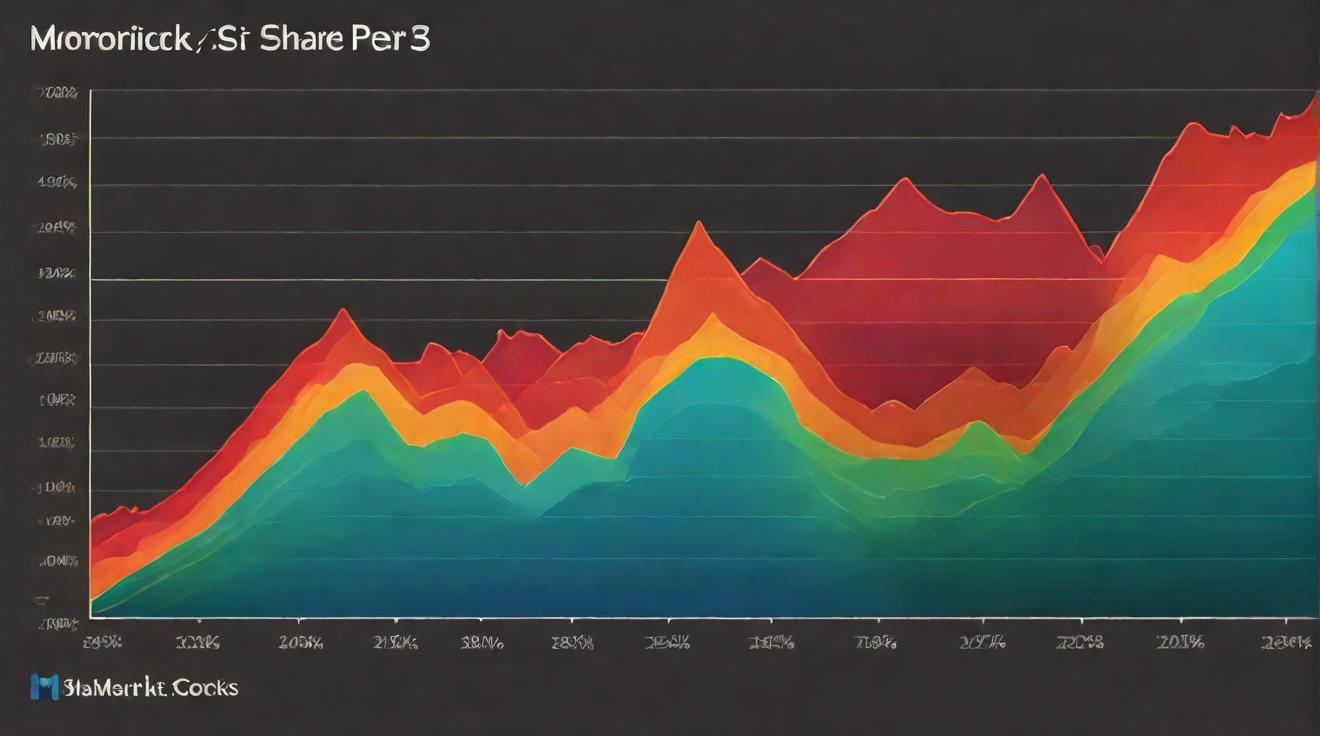Asian Currencies Stagnate as Markets Remain Closed for Lunar New Year Holiday
Most Asian currencies experienced minimal movement on Monday as markets across the region remained closed for the Lunar New Year holiday. The absence of trading activity resulted in limited trading volumes. The dollar, on the other hand, experienced a slight decline ahead of key inflation data expected later in the week.
Chinese, Singaporean, South Korean, and Hong Kong markets were closed for the holiday, while Japanese markets were closed for Memorial Day. Consequently, regional currencies saw little fluctuation, as traders remained cautious with risk-heavy currencies and awaited the U.S. inflation reading.
In offshore trade, the offshore Chinese yuan fell by 0.1%, while the Singapore dollar and the South Korean won also experienced a 0.1% decline. Furthermore, the Indian rupee was flat in anticipation of Tuesday’s release of the Consumer Price Index (CPI) inflation data. This data is expected to reveal a persistent inflation rate, following the Reserve Bank of India’s recent announcement that it will maintain a hawkish stance to combat inflation.
Dollar Declines as Traders Await CPI Data and Fed Comments
As traders awaited multiple cues on U.S. interest rates for the week, the dollar fell by 0.1% against both the yen and the euro in Asian trade. The CPI data, scheduled for release on Tuesday, is expected to show a slight easing in inflation. However, price pressures are still anticipated to remain relatively high, with the CPI print projected to exceed the Federal Reserve’s annual target of 2%. Consequently, this may prompt the Fed to continue keeping interest rates higher for an extended period.
Aside from the inflation data, market participants are also paying attention to speeches from various Fed officials, including Jerome Powell, Richard Clarida, and John Williams, throughout the week. Experts anticipate that central bank officials will downplay speculations of early interest rate cuts.
Asian Currencies Tumble due to Diminishing Expectations of Monetary Loosening
Waning expectations of monetary loosening by the Fed adversely impacted Asian currencies in recent sessions and kept the dollar near a three-month high. The Japanese yen, in particular, has been affected, hovering at its lowest level in two and a half months.
This decline in the yen can be attributed to Bank of Japan Deputy Governor Shinichi Uchida’s remarks, stating that the scaling back of the bank’s ultra-dovish stance will be gradual. Although Uchida did mention the possibility of ending the low interest rate regime, his remarks resulted in the market eliminating any likelihood of rapid interest rate hikes by the Bank of Japan. This development negatively impacted the yen, which has struggled due to the growing disparity between local and U.S. interest rates over the past two years.
Currently, the yen is trading close to its weakest level since late November, at 149.23 to the dollar. It remains the worst-performing Asian currency thus far in 2024.
Analyst comment
Positive news: Asian currencies experienced minimal movement on Monday due to the Lunar New Year holiday, resulting in limited trading volumes. The dollar also declined slightly, creating favorable conditions for traders awaiting key inflation data later in the week.
Market prediction: With markets closed for the holiday, trading volumes are expected to remain low. Traders will closely monitor the upcoming U.S. inflation data and Fed officials’ comments for clues on interest rates. There may be cautious trading activity until more information is available.













